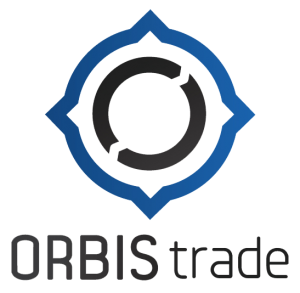Board Governance Facts
Boards have three primary roles: to establish policies and make strategic and important decisions, and supervise the activities of the organization. Written policies can assist boards to concentrate their efforts, reduce duplication of efforts and keep the (often thin) line between management and oversight activity.
Effective boards must be able of identifying and addressing the ever-changing mission-critical issues. To do this, boards should have access to as much accurate and complete information as possible. This can include detailed reports on budgets and expenditures and financial statements, quarterly and annual performance results as well as narrative reports on internal operations and programs, and more. It is vital that a board is aware of and can communicate the story told by these numbers.
Board members should be able to discuss difficult and controversial issues, even if it causes tension within the group. It’s important for directors to have the freedom to challenge one another and play a variety of roles on the board – the ruthless cost cutter, the damn-the-details big picture guy, or the split-the-differences peacemaker. Being able to play different roles helps directors to have a more complete overview of the options that are available to the board.
While it’s widely believed that good boards have board members who have a lot of personal investment in the company However, research suggests that this is not an important factor to consider. For example, the boards of failed companies and those of highly admired companies had roughly the same percentage of outsiders. The key seems to be in the process of discerning and communicating the company’s risk and strategy and the quality of dialogue and discussion.
www.toboardroom.com/what-features-does-a-board-of-directors-portal-have/




Leave a Reply
Want to join the discussion?Feel free to contribute!